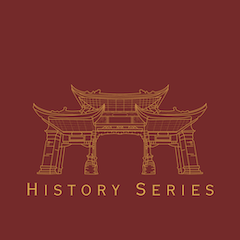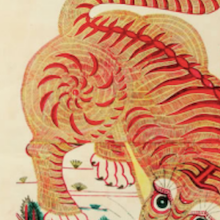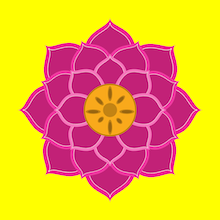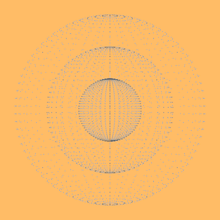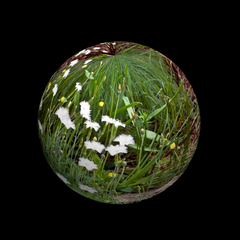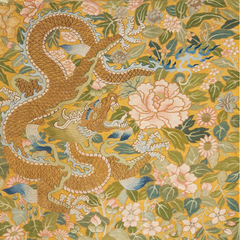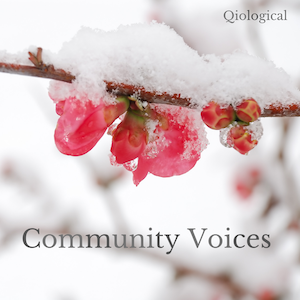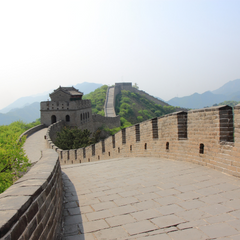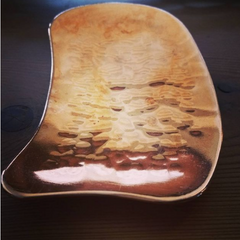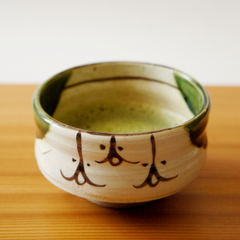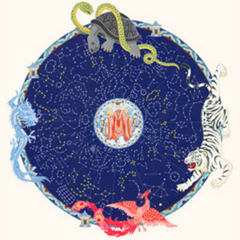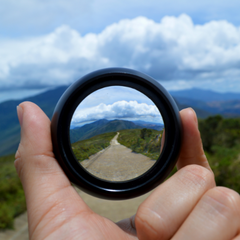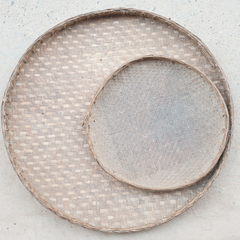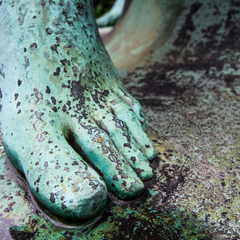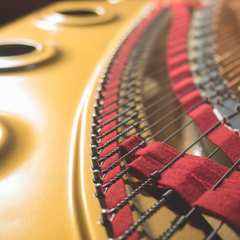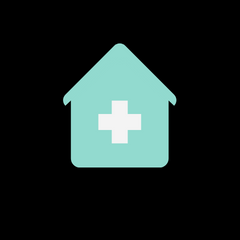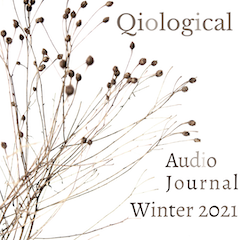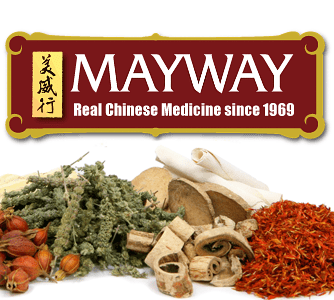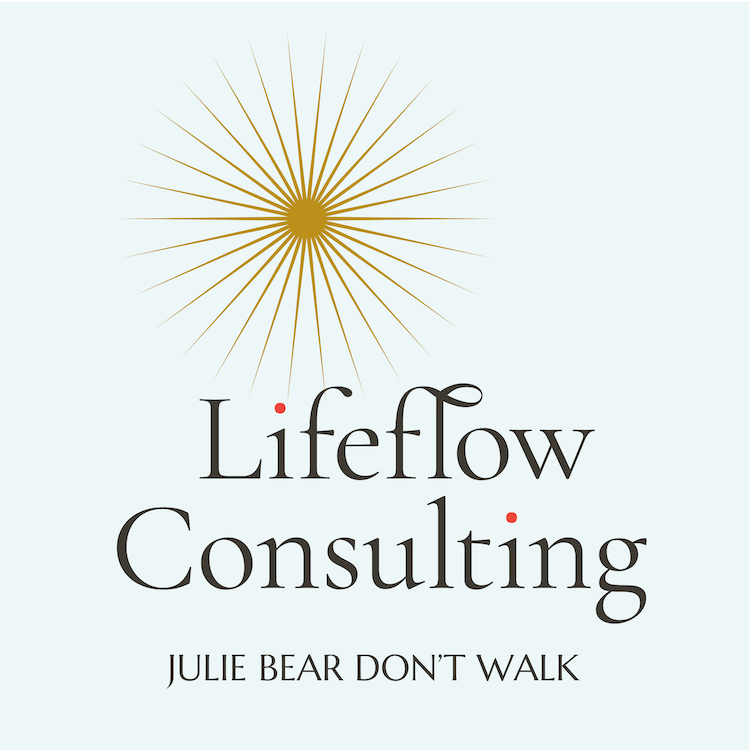401 History Series, Becoming the Doctor • Steven Rosenblatt
Some paths in life aren’t so much chosen as they are revealed—often through unexpected encounters, serendipitous moments, or a relentless tug of curiosity. The call to become a healer, to step into the role of a doctor, is often as much about who you are as what you do.
In this conversation with Dr. Steven Rosenblatt, we step back into the early days of acupuncture in the West. From his serendipitous meeting with a renowned acupuncturist in Griffith Park to becoming the first Westerner licensed to practice acupuncture in the United States, Steven’s story is a rich tapestry of curiosity, perseverance, and pioneering spirit.
Listen into this discussion as we explore the underground days of acupuncture in Chinatown, the quest for legal recognition of the medicine, the challenges of integrating acupuncture into mainstream healthcare, and how becoming a doctor is as much an internal shift as it is an external practice.
read moreSubscribe To This Podcast In Your Favourite Player
249 Character, Nature and Fate— Navigating the Human Realm with Polestar Astrology • Gregory Done
Where do we come from, where are we headed and what should we do in the interim? Is the blueprint of our life set in stone, or do we have the free will to control our destiny? It is so very human to contemplate our mortal fate and infinitesimal position in the cosmos.
But what if the answers to life’s most elusive questions are written in the stars? What if we can catch a glimpse, a silhouette, or a knowing of how our stories unfold? According to Chinese Polestar Astrology life is a dance between Fate, Nature, and Character…
read more248 Starting a Free Clinic • Bess Randles & Kyle Yoshioka
In this conversation with Bess and Kyle, we explore their journey of creating a free student-run acupuncture clinic as an avenue to mature as professionals and scratch an itch for social justice-oriented and community-based work. We touch on the existing disparities in health care and their desire to change the narrative around acupuncture, its perceived accessibility, and how it is a potent medicine for healing that invites people into their own power.
read more247 Menopause, the transformative gateway of connection • Kath Berry
Change is inevitable. Our lives are a series of transitions. Winter blooms into spring. Weekends slow down to Mondays. Puberty arrives and rearranges our psyche, feelings, and sense of self. And for half the population, menopause occurs. Change is constant in life. It’s always swirling around us, pulling us into its wake, and some changes are more transformative than others.
read more246 Tools, Perception, and Attention • Gary Klepper
Our tools don’t just expand our faculties. They change what we can do by training our physical and cognitive senses. They temporarily become part of who we are. In a sense—we are the tool in our clinical work. We act as a kind of both filter and mirror for our patients, and help them tap into latent resources they did not know they had.
In this conversation with Gary Klepper, we investigate the idea of perceiving the Teishin as a listening post to amplify our attention and how to interpret and utilize that sensory stream of information within clinical settings. We also explore the topic of cultivation, working from home, and how online tools help open up new lines of communication to facilitate the practitioner-patient relationship.
read more245 Climate Change and Chinese Medicine • Nishanga Bliss
Yin and Yang flow through every aspect of our lives. Understanding their ebb and flow gives us a glimpse into the nature of the universe, and our place in it. In our formed world forces exist to interact with the other; to maintain balance; to sustain life. This dynamic is one of the pillars of our medicine, which teaches that health arises from the harmony between people and nature.
As Chinese medicine practitioners, facilitating balance is a central element of our trade. A question from today’s episode is, can we master the integrity and awareness to articulate a connection between our work with our patients and the health of our planet?
read more244 Gleaning the Spirit of Medicine • David Allen
According to the Chinese philosopher Confucius, “By three methods we may learn wisdom: First, by reflection, which is noblest; Second, by imitation, which is easiest; and third by experience, which is the bitterest.” Imitation, observation, and reflection can help fine-tune our competencies, but true wisdom comes from experience.
read more243 Engaging Vitality- The Practice of Attention, Sensing and Perception • Dan Bensky
When traveling do you turn on the GPS and follow the instructions, look at a map to orient yourself, or do you have a sense of the terrain and the capacity to navigate by landmarks, waterways and a sense of where north lies? In your clinical work,...
read more242 Acupuncture as Revolution • Beth Sommers & Rachel Pagones
The image of China’s Barefoot Doctors struck a resonant chord with those in the West who were looking for simple and effective means of helping people with medicine that was not tied to an established medical hierarchy.
read more241 What We Learn Along the Way • Jessica Baer
Learning is continuous, not episodic. As the Chinese say, 活到老學到老, huo dao lao, xue dao lao, learn throughout your entire life. Resilience and capacity is built through the, at times, curious harvest of our experience. Life’s lessons don’t come with a syllabus. Sometimes wisdom comes from misfortune; other times, you just stumble on it. Regardless, what we learn along the way helps us along the way.
read more240 Tools of the Trade • Mark Parzynski
“Using the right tool for the job” may come off as rather clichéd, but it’s true nonetheless. Knowing our tools, and that includes our theory, methods and skills is incredibly important. Our tools don’t inherently make us better at our craft, but rather facilitate our capacity to help our patients. Producing our best work as practitioners isn’t about the tools themselves, but rather how we use them and knowing when to use a particular tool. It’s about finding what’s suitable for a particular conversation – i.e., the relationship between the tool, the practitioner, and the patient.
read more239 The Magic of a Small Successful Practice • Sydney Malawer
Building a successful practice is rewarding, but it's rarely a smooth ride. It's a path that takes us beyond our healing work and into the depths of business practices—from marketing to managing finances. Amid the multitude of details that go into...
read more238 Burnout, Breakthroughs, and Letting Be • Celia Hildebrand
As practitioners, it’s easy to ignore or fail to take note of the red flags that imply we’re headed for burnout. Not until the billowing smoke of burnout is blocking our view. When you feel burdened by your responsibilities, it’s important to carve...
read more237 Polestar Astrology • Anne Shelton Crute
We’ve long turned to the stars for guidance, from foretelling our destinies to celestial navigation. Chinese Polestar astrology was developed as a means to describe our interaction with the cycles of Qi using a system of calculations and imagery,...
read more236 Understanding Western Medicine Through the Lens of Chinese Medicine • Dr Wen Hua-Bing
Dr. Wen received his medical degree from the prestigious Beijing University of Chinese Medicine (BUCM) in 1987 and graduated with highest honors. This earned him direct entry into the graduate program in Integrated Clinical Medicine where he was...
read more235 Reflections on Practice and Business • Cara Frank
Whether you're a young or seasoned practitioner, opening your own Chinese medicine practice is an exciting , daunting and worthwhile challenge. There's a lot that goes into being a practitioner—beyond the medicine part of it. You have to learn how...
read more234 What It Means to Be a Chinese Medicine Doctor • Annie White
Acupuncture is technique, a method, a way to send the body a message. But the message we send— that comes from the long tradition and practice of the medicine that originated in China. Do you consider yourself an acupuncturist, or a doctor of East...
read more233 Teaching, Learning and the Music of Medicine • Etienne Simard
“The poets did well to conjoin music and medicine, in Apollo, because the office of medicine is but to tune the curious harpof man's body and reduce it to harmony.”― Francis Bacon Music and Medicine have a lot in common. In the deepest sense,...
read more232 Transition and Value, Considerations in Buying and Selling a Practice • Jason Luban
Most of us typically devote our time, focus, and resources to building a successful Chinese Medicine practice. But how often do you take a step back to think about what will happen when you need to make a move, or stop practicing? We have to come...
read more231 Hospital Handbook Project • Megan Kingsley Gale
Western medicine and East Asian medicine have often been seen as two completely different ways of approaching health and well being. Can they be blended together for the benefit of our patients? It has taken time for the Western world to...
read moreQiological Audio Journal, Winter 2021 • QAJ003
Welcome to the third edition of the Qiological Audio Journal. The audio journal is a collection of interviews, discussions, clinical cases that help to illuminate the classics, book reviews, some business acumen and practical clinical skills to...
read more
